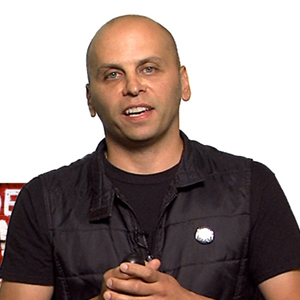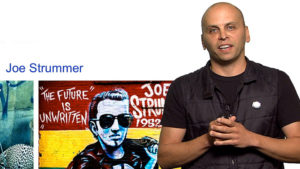Enrique M. De La Cruz is a Professor of Molecular Biophysics and Biochemistry at Yale University. After receiving his Ph.D. from Thomas Pollard’s lab at Johns Hopkins University, Dr. De La Cruz went on to a post-doc with Dr. H. Lee Sweeney and E. Michael Ostap at the University of Pennsylvania before starting as faculty at Yale. Dr. De La Cruz studies the biochemical and biophysical properties of the actin cytoskeleton and molecular motor proteins, including myosins and RNA helicases, for which he has received a number of honors and awards. A first-generation Cuban-American, Dr. De La Cruz is also involved in numerous outreach activities to promote underrepresented minorities in the sciences.

Talks with this Speaker
How to Succeed in Science
Enrique De La Cruz talks about lessons he has learned from well known scientists, as well as some more surprising sources, on how to succeed in science. (Talk recorded in July 2013)

Audience:
- General Public
- Student
- Researcher
- Educators of H. School / Intro Undergrad
- Educators of Adv. Undergrad / Grad
Duration: 23:31



